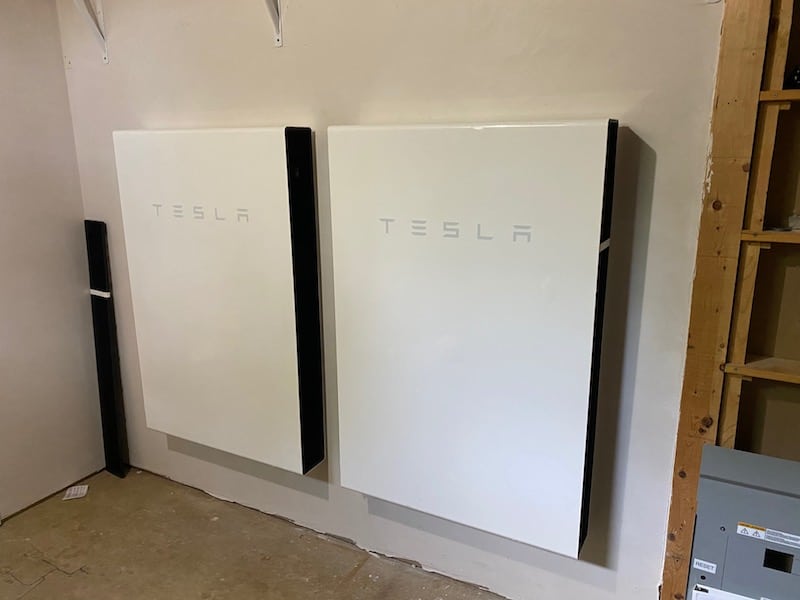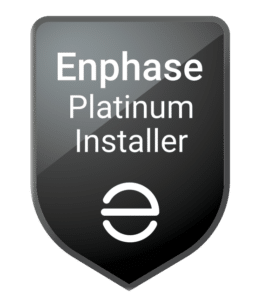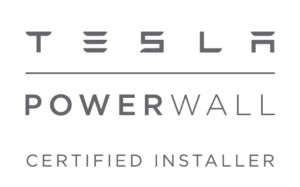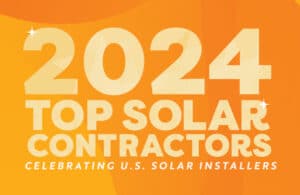
As more Massachusetts homeowners and businesses embrace solar energy, the interest in solar battery storage continues to grow. At My Generation Energy, we’ve installed over 1,500 solar energy systems, and we’re here to address your most pressing questions about solar batteries.
1. How Long Will a Solar Battery Supply Power?
How long a solar battery will last during a power outage depends on several factors, including the battery’s storage capacity and your energy consumption. A fully charged solar battery can provide power for anywhere from a few hours to a few days, depending on how much energy you consume. If you limit your consumption, your battery will last longer. If you run high-energy appliances like your air conditioner, your battery will drain more quickly.
2. Are Solar Incentives Available for Massachusetts Solar Battery Installations?
Yes! There are several solar incentives available to homeowners, businesses, and nonprofits installing solar battery storage. From the solar tax credit, which covers 30% of the total cost, to the Connected Solutions program through Mass Save®, My Generation Energy stays up-to-date on what’s available now and can help determine your eligibility.
3. What Size Solar Battery Do I Need?
A smaller battery will work for basic backup, while larger systems are needed to support greater energy independence and off-grid living. Determining the right battery size for your home depends on several factors, including:
- Your energy consumption patterns
- Desired level of backup power
- Overall energy goals.
My Generation Energy installs custom solar power systems designed to meet your specific energy needs. When you choose us to install your solar storage system, we’ll discuss your backup power needs carefully and recommend the right amount of storage capacity to meet them.
4. What is the Lifespan of a Solar Battery?
The average lifespan of a solar battery is between 10-15 years, but it can depend on several factors. Exceeding the recommended depth of discharge (DoD), or how much you drain the battery, can shorten a battery’s lifespan. Frequent charge cycles and extreme temperatures also contribute to faster degradation.
5. Will My Solar Battery Charge During an Outage?
Yes! When a power outage occurs, your grid-tied solar panels will be temporarily disconnected from the grid, and your solar plus battery system will operate in an “off-grid” mode. As long as the sun is shining, your solar panels will continue to recharge the battery, even while you’re drawing power from it.
6. Where Can I Install a Solar Battery?
Due to Massachusetts’ cold winter weather, solar batteries typically need to be installed indoors, as outdoor temperatures can drop below the operating range of most batteries. For example, Tesla Powerwall recommends indoor installation in climates with temperatures outside of 32°F to 86°F.
Fortunately, many solar battery options are slim and compact, allowing for discreet installation in locations such as basements or garages. These areas provide protection from extreme weather conditions while ensuring proper ventilation and accessibility for maintenance.
7. Do Solar Batteries Need Maintenance?
Solar batteries are designed to be low-maintenance, but regular monitoring is essential for optimal performance. Most systems include remote monitoring to track battery health, and occasional software updates may be needed to enhance efficiency.
Ready to Explore Solar Battery Storage Options?
My Generation Energy is your trusted partner for solar and battery solutions from Greater Boston to the Cape to the South Coast. We specialize in custom solar solutions tailored to your energy needs, utilizing high-quality products such as Tesla Powerwall. Our expert team will design a system that seamlessly integrates with your lifestyle while maximizing energy efficiency.





